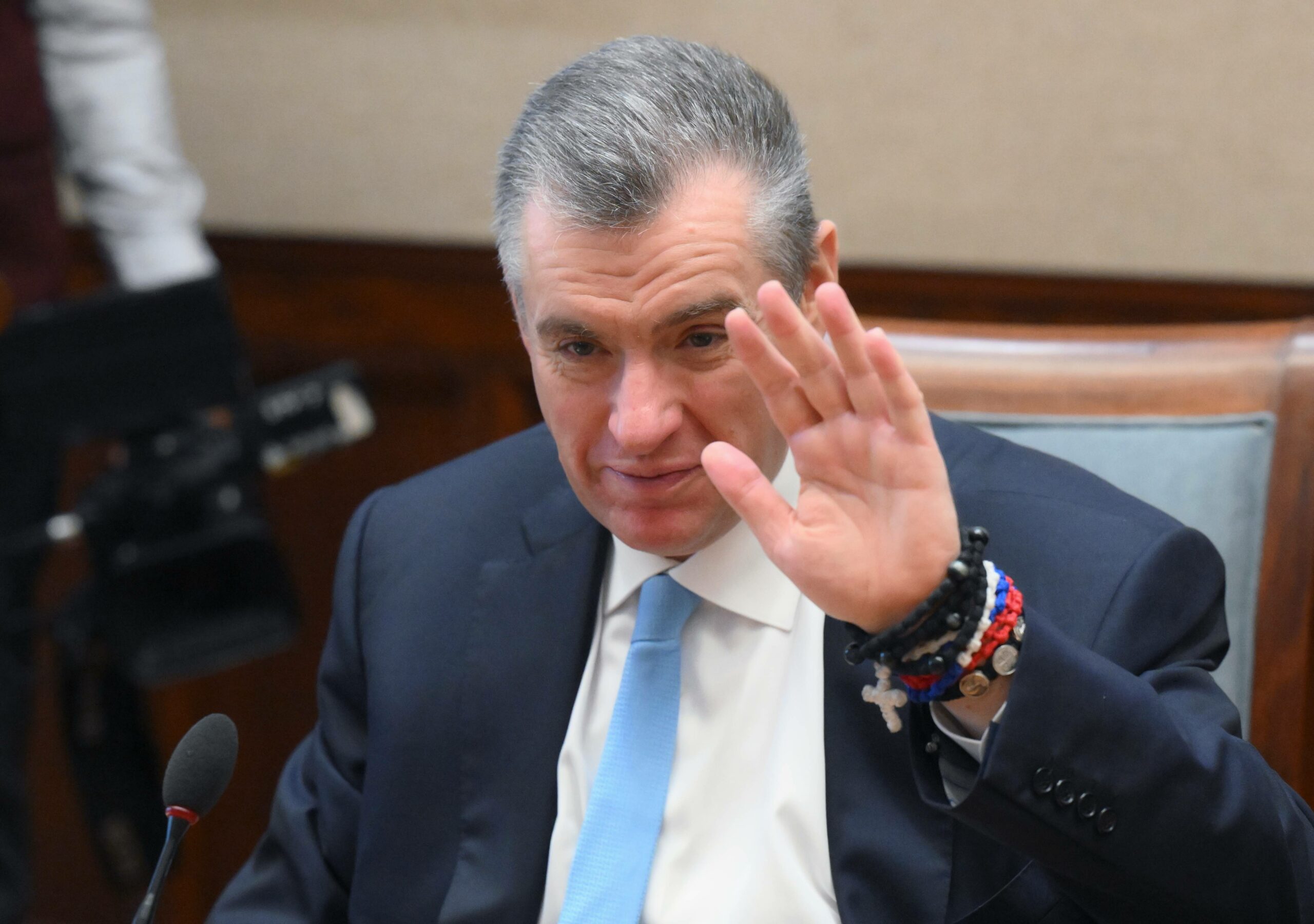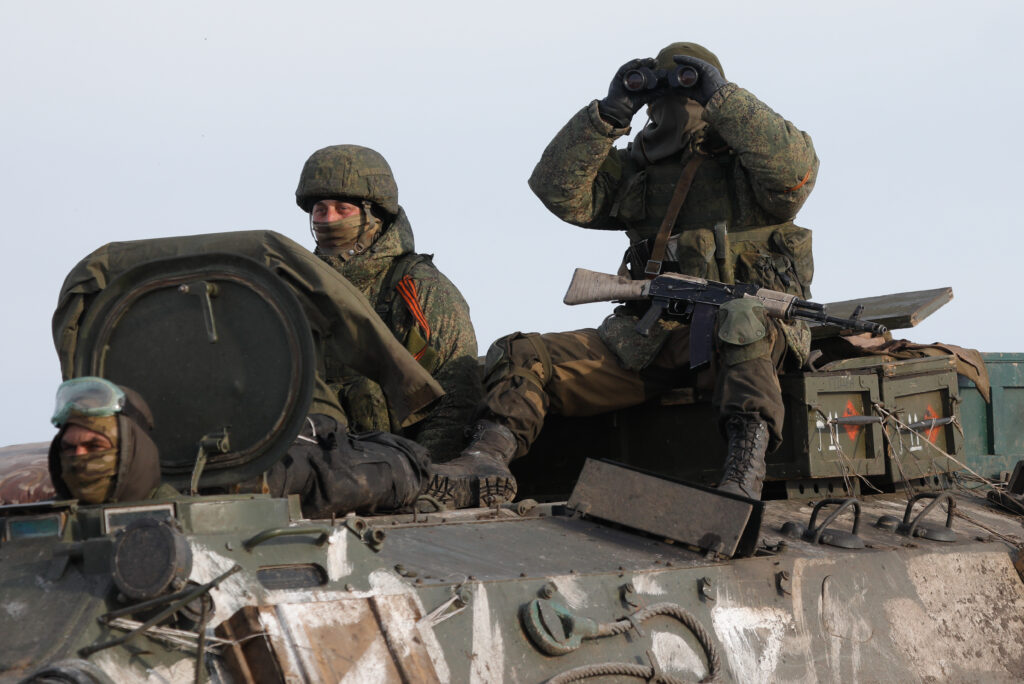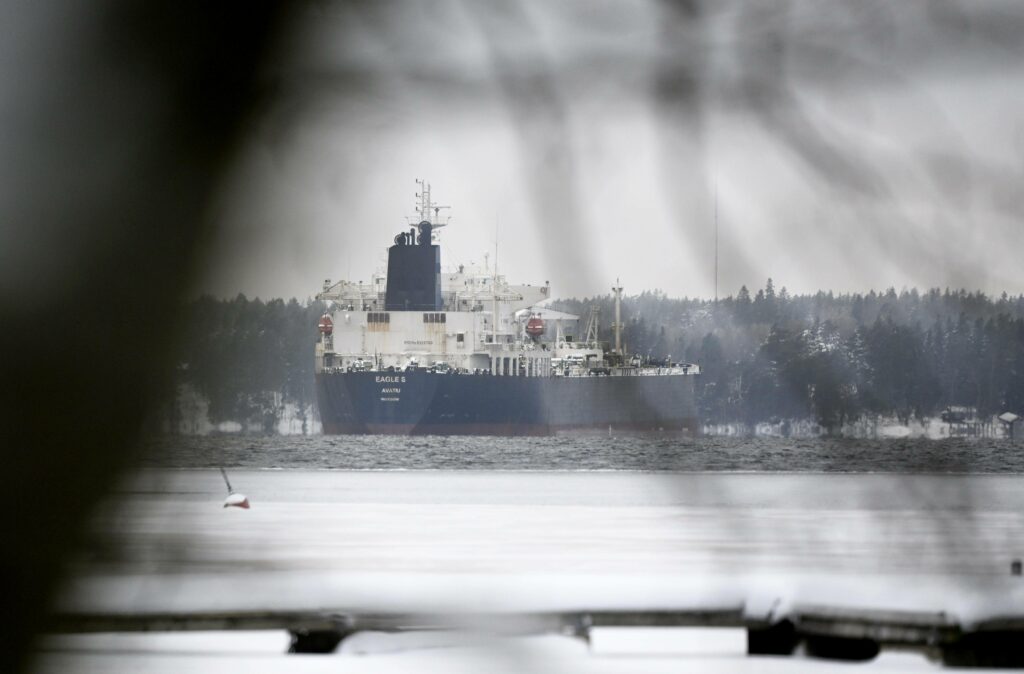Rosneft is the world’s largest publicly-traded oil producer and one of the foremost instruments of Russian foreign policy. It is arguably the single most important factor in Russia’s relationship with Iraq. Venezuela is deeply indebted to the firm and Rosneft’s CEO Igor Sechin is a longstanding supporter of the Chavista regime. Last year the firm also completed its purchase of Essar, the largest ever foreign investment into India. However, Rosneft’s near-synonymy with the Russian state has also caused it significant headaches, most prominently US sanctions, which saw its potentially valuable partnership with ExxonMobil scrapped at the end of February. In many ways being an inherent arm of Russian foreign policy has long benefitted the firm. The coming months may go a long way to determining whether this is again the case or whether its politically-motivated adventures prove a drag on its bottom line.
Power attracts
Rosneft’s real emergence as a geopolitical actor began with the appointment in May 2012 of Igor Sechin as CEO. Sechin was previously head of its board and a deputy prime minister and had served as President Vladimir Putin’s chief of staff during his time working in the St. Petersburg mayor’s office. The role granted Sechin significant influence and a public display of the power that he had within the Kremlin, resulting in his being labelled the ‘oil boyar’ by the Economist and Russia’s ‘second most powerful man’ by the FT.
Rosneft of course had long been a major domestic political actor. The firm was one of the key actors in the demise of Yukos, the oil company controlled by the oligarch Mikhail Khodorkovsky, having taken control of the firm’s main production unit through a murky transaction to take over Yuganskneftegas. Rosneft of course has continued to be a major domestic political actor as well, including through engineering the 2014 re-nationalisation of the oil producer Bashneft, which Rosneft would take over two years later.
The domestic political and economic heft that Rosneft gained as part of the process of taking over Yukos’ assets made it an extremely attractive partner for foreign firms doing business in Russia. Its reputation was of course sullied in the eyes of many foreign governments and advisors over the Yukos affair. At the same time, however, the fact that it could operate with such impunity meant that it was tantalising option for outsiders looking for a partner who could guarantee the security of their assets — a ‘krysha’ if you will.
One of Sechin’s first acts as CEO was to take over its largest competitor with foreign backing, TNK-BP. The deal would close in March 2013, with the state-run oil firm paying US$55bln for the firm, the majority of which went to the group of oligarchs who had long managed its operations. BP also received a 19.75 per cent stake in Rosneft itself. As they say in the United States, “if you can’t beat ‘em, join ‘em.”
US energy giant ExxonMobil clearly had already gotten the message, having signed its landmark deal to drill in the Russian Arctic with Rosneft back in August 2011, after a similar deal Rosneft pursued with BP fell through. The Strategic Cooperation Agreement the two firms signed would be expanded in June 2013, months after Rosneft’s take-over of TNK-BP was finalised. Rosneft’s dealmaking had secured it partnerships, on relatively attractive terms, with two of the world’s largest oil producers, both of which also had major political influence in their respective capitals, Washington and London.
Expansion, Extension
By that time, Rosneft’s track record of using politics to boost its bottom line had proven hugely successful. The company was still mired in legal disputes over the Yukos takeover, which remains the case to this day, although even the July 2014 award by a Dutch arbitration court of US$50bln in favour of ex-Yukos shareholders was brushed off by the firm, in large part due to the difficulty the claimants face in securing Rosneft assets to satisfy the claim.
Also in June 2013, the firm announced plans to double oil shipments to China. By the next year, in addition to engineering the takeover of Bashneft, the firm doubled down on its bet on Venezuela. The main geopolitical story of 2014, however, was the Russian annexation of Crimea and invasion of eastern Ukraine, which would see Sechin sanctioned that April. However, only weeks later Sechin put his name to a series of further contracts with ExxonMobil, signed by its then-CEO Rex Tillerson. However, Russia’s escalation of the fighting in eastern Ukraine and the shooting-down of Malaysian Airlines Flight 17 would ultimately bring US sanctions upon the firm itself.
Nonetheless, the company doubled-down on its politically-motivated investments as well as its highly-politicised domestic strategy. It would launch its Bashneft efforts that same year and as sanctions began to weigh on the economy, ahead of its major debt repayments in 2015, took out in a controversial set of debt and currency swaps that would play a major role in driving down the value of the ruble, which suffered its worst crash in December 2014 since the 1998 default crisis. Although the move would invite criticism from the Central Bank and the well-known economic presidential economic advisor Alexei Kudrin, it showed that Rosneft had impunity to act as Sechin saw fit, despite the impact of its actions on the wider economy.
Double-down, leverage-up
Rosneft never looked back. Over the next three years, it would make its landmark investment into India, a deal specifically arranged — with the backing of both the Kremlin and a private Russian investment fund — to avoid sanctions, at least according to VEB head Andrey Kostin. It would escalate its fight against Sistema, the holding company of oligarch Vladimir Yevtushenkov. (Sistema had previously-owned Bashneft). Rosneft would also invest further into Venezuela, providing a US$1.5bln loan to PDVSA secured over Citgo, its subsidiary that controls a network of refineries and related pipelines.
By August 2017, Rosneft confirmed it had lent Venezuela’s state oil and gas firm, PDVSA, more than US$6bln. In 2017 it would also ramp up its investments into Iraqi Kurdistan, having agreed to spend as much as US$4bln just as the region faced a major political crisis that threatened war with Baghdad.
Given Rosneft was cut off from much of the Western financing that its politically-dominant position in Russia had given it easy access to, after the implementation of US sanctions it has been forced to find new ways to secure loans. And although its December 2014 financial engineering did not result in significant political costs, its practices have certainly improved, although they may well indeed still pose as much risk.
Firstly, significant questions remain over the financing structure of the December 2016 sale of a stake in the firm to oil trader Glencore and the Qatar Investment Authority, particularly as the one Western bank, Italy’s Intesa San Paolo, that was willing to partake in the loan was reportedly unable to syndicate the deal amongst other banks. There are now doubts that the sale of the majority of this stake to China’s CEFC China Energy, another business tie-up in large part motivated by political considerations, following reports that CEFC’s founder was detained at the beginning of March and that the Chinese state is now managing the firm, and with Chinese media reporting the country’s banks are hesitant to finance the deal as well.
More worryingly, however, the company also took out a record level of financing in 2017, issuing one trillion rubles (US$17bln) in domestic bonds. By September 2017, the ratio of the firms assets versus its liabilities falling by more than half. So far concerns over this have been fairly muted. However, Rosneft did not see its credit rating raised to BBB-, the lowest investment-grade level, from S&P in its most recent review. The credit rating agency instead raised Russia’s sovereign credit rating to that level, lifting Gazprom and other state-run firms to that level.
Where to from here?
Rosneft will undoubtedly remain a domestic political actor. At the end of 2017, Sechin secured the most striking verdict in Russia in years, with the imprisonment of ex-minister of economic development Alexei Ulyukayev, sentenced to an eight-year term, over claims that he had demanded a bribe to approve Rosneft’s takeover of Bashneft.
It took more than three years after Bashneft was stripped from Sistema for Sechin to finally end its legal pursuits of the firm.
Rosneft has also shown no signs of altering its politically-motivated foreign linkages. Sechin has publicly declared he sees no issues with the Venezuela loans, despite PDVSA being in a state of default and at risk of facing further sanctions, potentially even an embargo on oil shipments to the United States. The company has remained silent on the questions around its CEFC link-up, and Sechin is expected to travel to Iraq in the short-term future to try and engineer a deal between Baghdad and Erbil, which would undoubtedly also boost its position in the country as well.
It did, however, lose ExxonMobil as a partner when the firm ended its Arctic ventures with the firm at the end of February. But if the CEFC link-up does go ahead, particularly if the deal Is ultimately with a Chinese state-run firm, that will prove a far more notable political success, and likely a more profitable business relationship as well. Meanwhile its purchase of India’s largest oil refinery through the Essar deal has also provided a valuable link-up for Venezuelan crude exports under Rosneft management, which some claim now accounts for 45 per cent of Venezuelan exports.
The employment of Rosneft as a policy tool has so far reaped dividends for the state from a policy perspective, even if the firm itself remains unlikely to actually pay out financial dividends to the government. Its rising debt levels are undoubtedly a matter for concern, particularly in the event the crisis in Venezuela escalates to its detriment or China steps back from the CEFC tie-up. Rosneft’s use of politics to cushion its bottom line will be put to the test as Beijing makes its mind, Venezuela’s crisis deepens, Iraq and Erbil negotiate, and Russia runs out of private competitors in the oil sector that it could swallow like it did Yukos or Bashneft.










